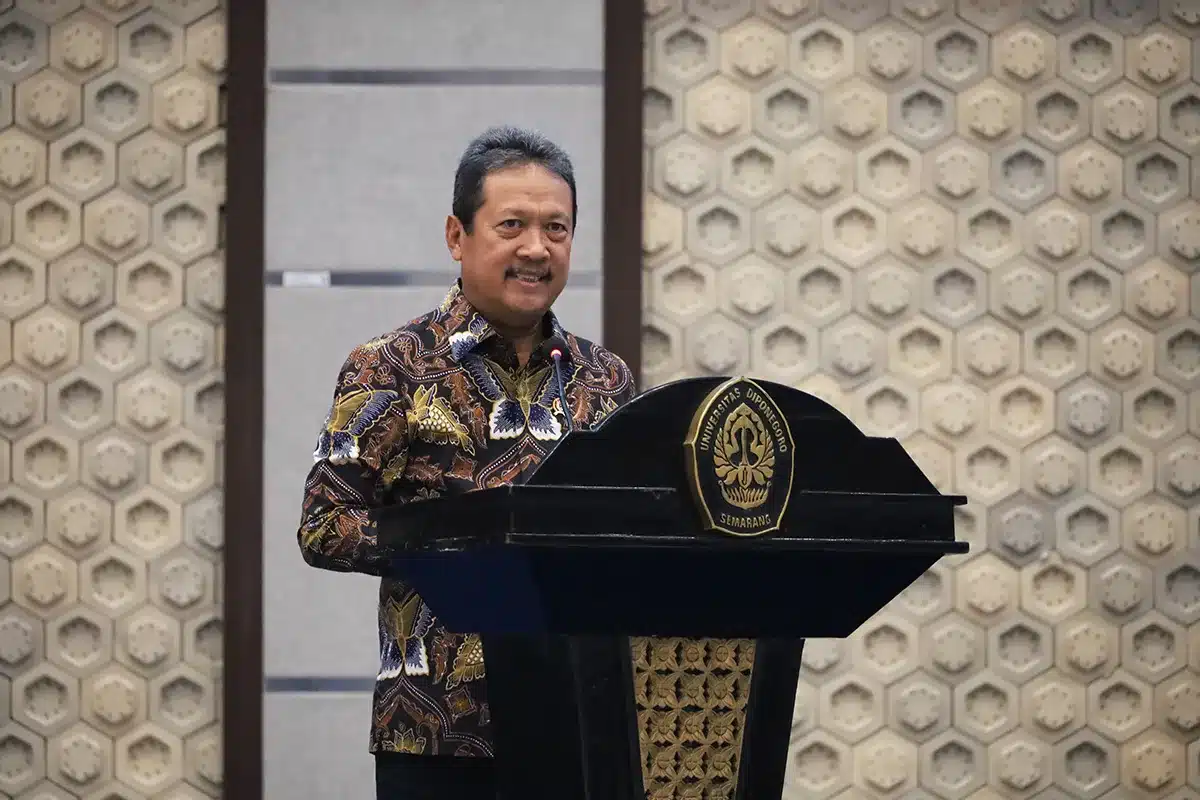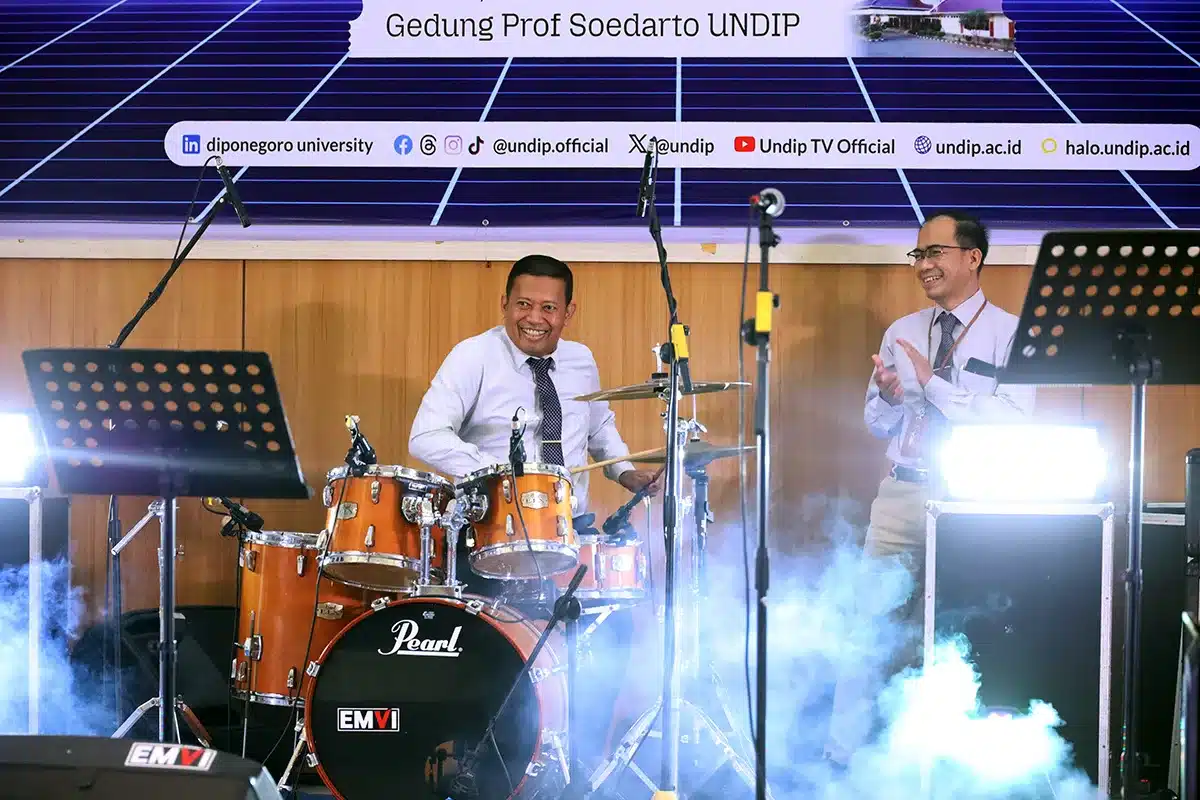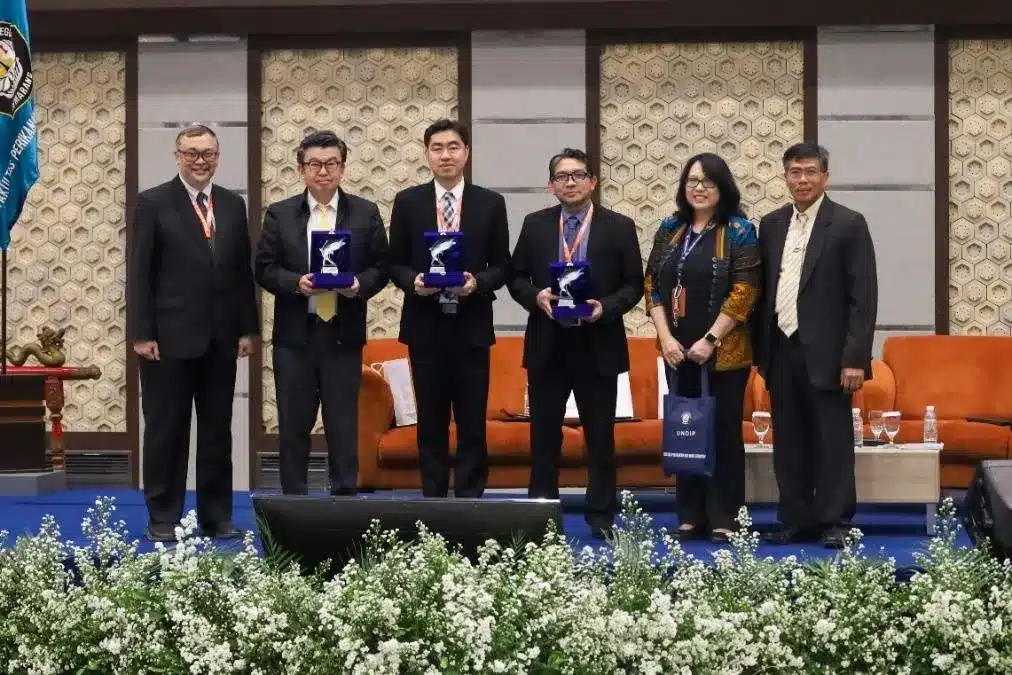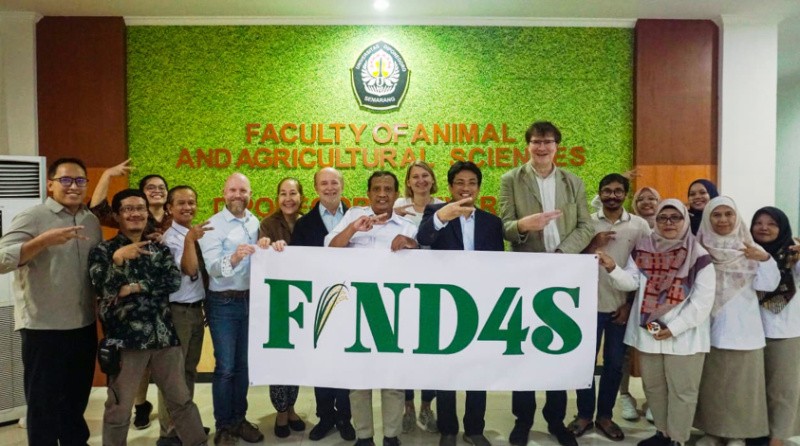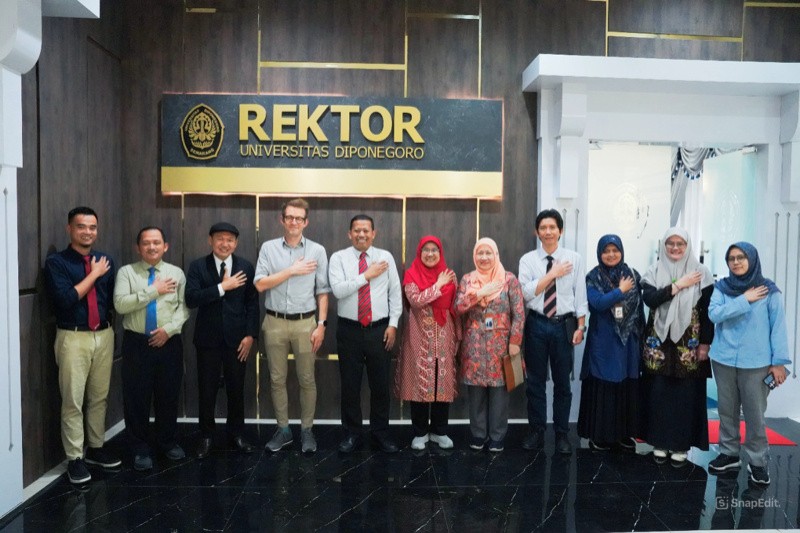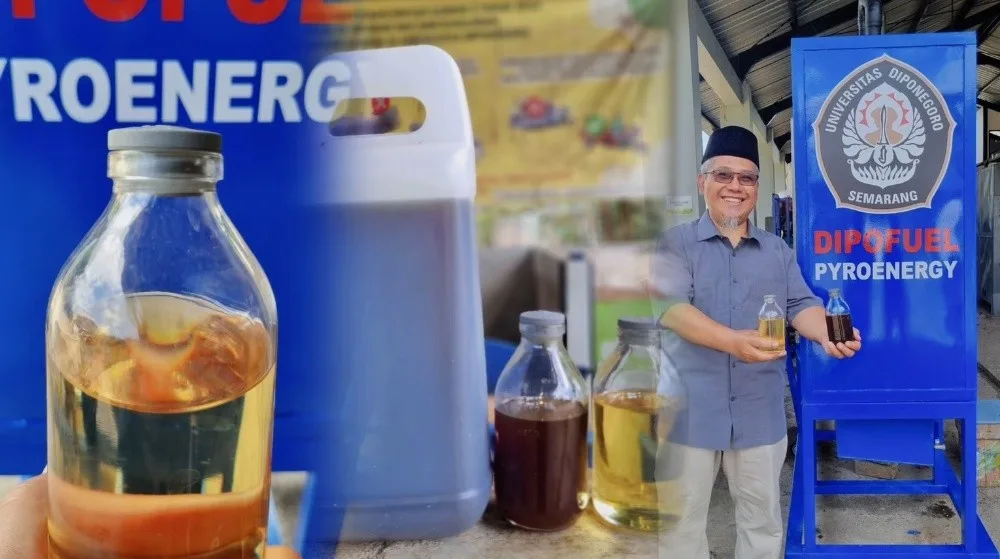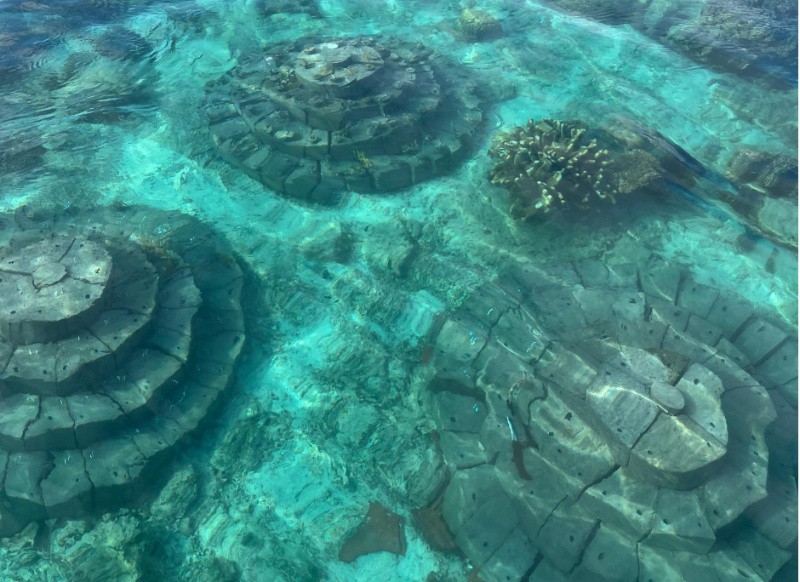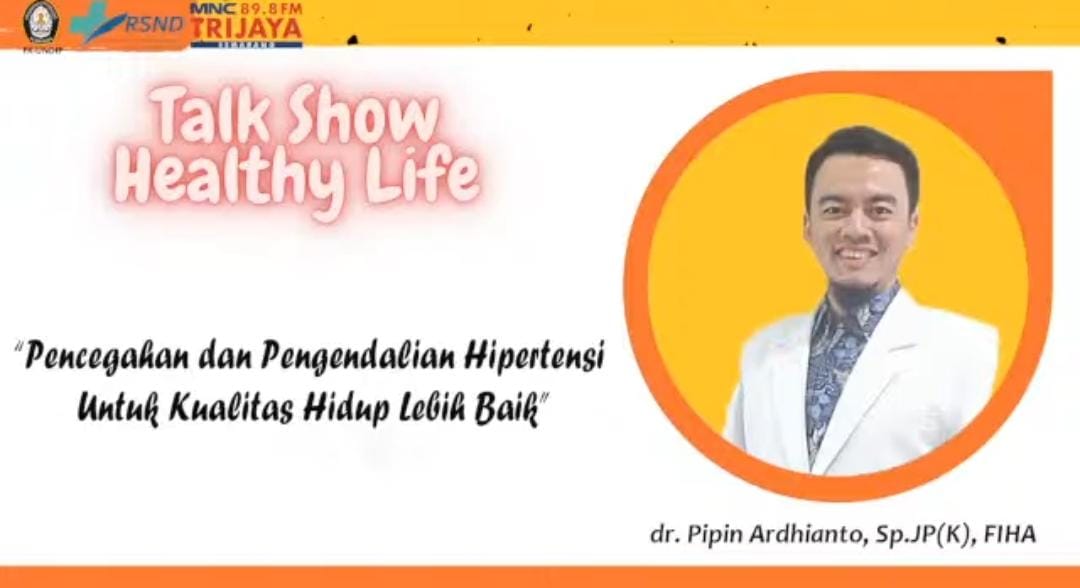Blood flowing in blood vessels, especially arteries, requires a certain pressure to ensure that blood flow continues to occur. Blood pressure is determined by many factors, including strength of heart contraction, heart rate, resistance in the walls of blood vessels, blood viscosity and so on. Blood pressure determines the high and low resistance of the walls of the blood vessels to keep blood flowing from the center of the blood pump (heart) to all the arteries of the body.
Blood pressure is written in two numbers. The first number (systolic) represents the pressure in the blood vessels when the heart contracts or beats. The second number (diastolic) represents the pressure in the blood vessels when the heart is resting between beats. High blood pressure or hypertension is an increase in blood pressure above 140/90 mmHg. This was conveyed by dr. Pipin Ardhianto, Sp.JP(K), FIHA (Heart and Blood Vessel Specialist of Diponegoro National Hospital, Diponegoro University).
Furthermore, dr. Pipin said chronic and uncontrolled hypertension increases the risk of impaired function of vital body organs, especially brain, eye, kidney and heart functions. This disease is a major problem in public health in Indonesia. Basic health research shows hypertension as the most common risk factor for stroke and heart disease.
Patients with hypertension will not be symptomatic until there is a disturbance in the function of one of the organs in the body. This results in millions of people not realizing they have hypertension. Most patients know they have hypertension at the time of getting a stroke, having visual disturbances, impaired kidney function and impaired heart function. From the point of view of preventing a disease, it is actually too late.
“Hypertension is influenced by several risk factors which are grouped into irreversible risk factors and modifiable risk factors. Risk factors that cannot be changed include gender, age and heredity, while modifiable risk factors include smoking, obesity, not doing regular physical activity, excessive sodium consumption, low potassium consumption, alcohol,” he explained.
Research on people in Indonesia found that high intake of salt (sodium) is the most common cause. Sodium is found in almost all types of dishes and foods that are popular in Indonesia. The sodium content is higher in the excessive use of flavorings, fast food, fast food cereals, fruit flavored packaged drinks, packaged juices, instant cooking spices, dairy products, especially cheese and butter, seafood (crab, shrimp, squid, shellfish, canned seafood; while fresh sea fish does not have a high sodium content), instant noodles and so on. As a rule of thumb, packaged and/or instant foods will almost certainly be high in sodium. Avoiding as much as possible the consumption of these foods can prevent hypertension and especially for hypertensive patients is the main therapy, in addition to medication of course.
“Another effort that can be done is to do regular physical activity (sports). Simple aerobic exercise such as walking, jogging, running, cycling, swimming regularly has been proven to be able to prevent and control hypertension. It is recommended to exercise with a frequency of at least 3 times a week, each for at least 30 minutes. If you don’t have time, other physical activities such as mowing the grass, cleaning the gutters, washing the car or other activities that involve sweat can also be done. However, there are several types of exercise that need to be avoided in patients with hypertension, such as diving, weightlifting, and fast sprinting,” said dr. Pipin.
“Hypertension sufferers who have been diagnosed by a doctor should continue to follow the doctor’s recommendations for regular check-ups, take the medicines given, and the main thing is to make continuous efforts to change their lifestyle towards a healthier one. Rational medicine in patients with hypertension aims to protect vital organs such as the kidneys. So that people do not need to be afraid that hypertension drugs will damage the kidneys. On the contrary, prolonged use of hypertension drugs in hypertensive patients will maintain kidney function longer than if hypertension is not treated,” he concluded. (Lin – Public Relations)


